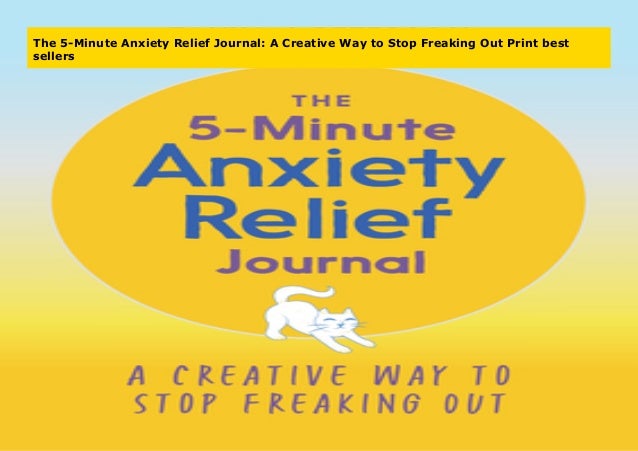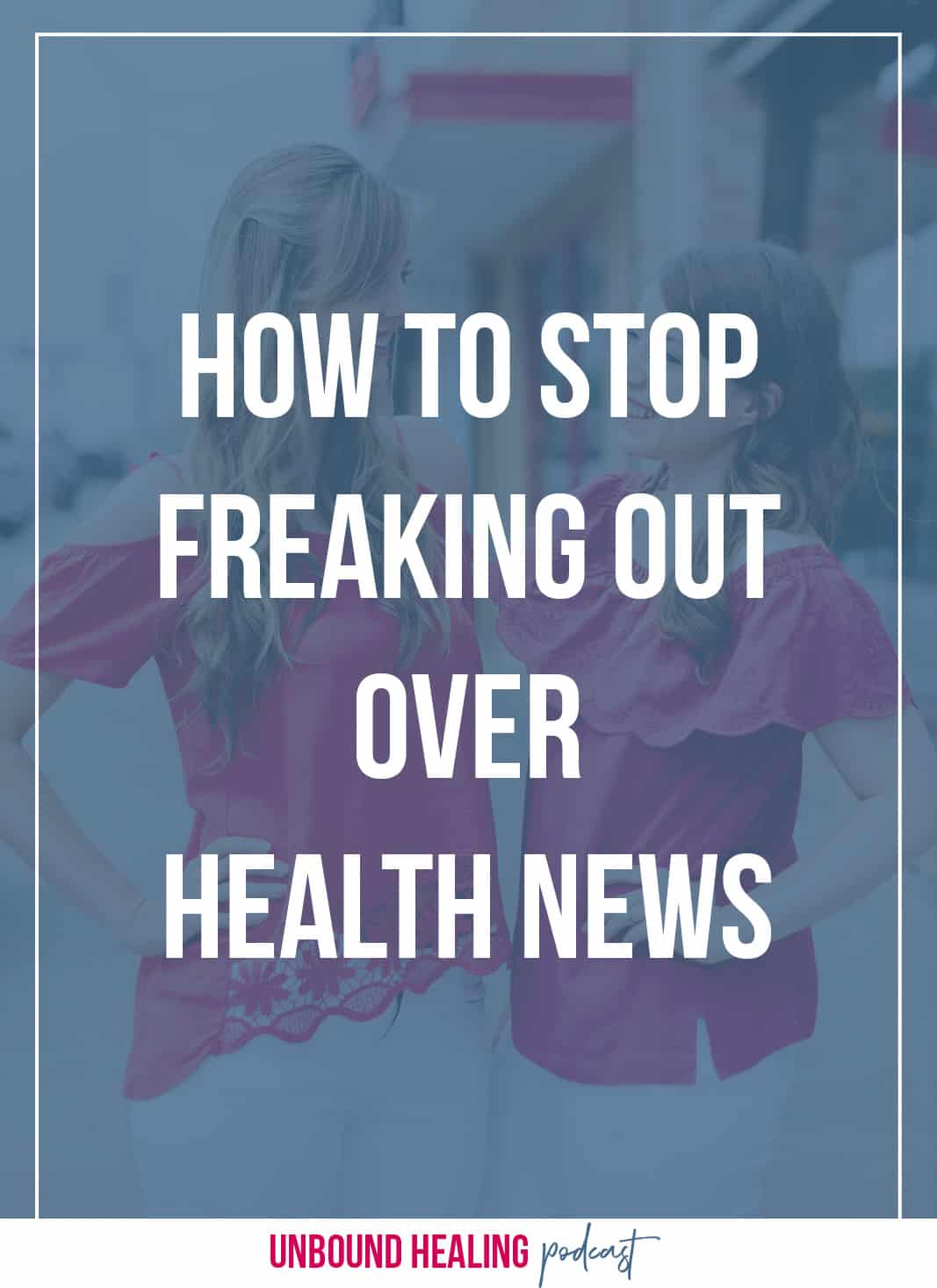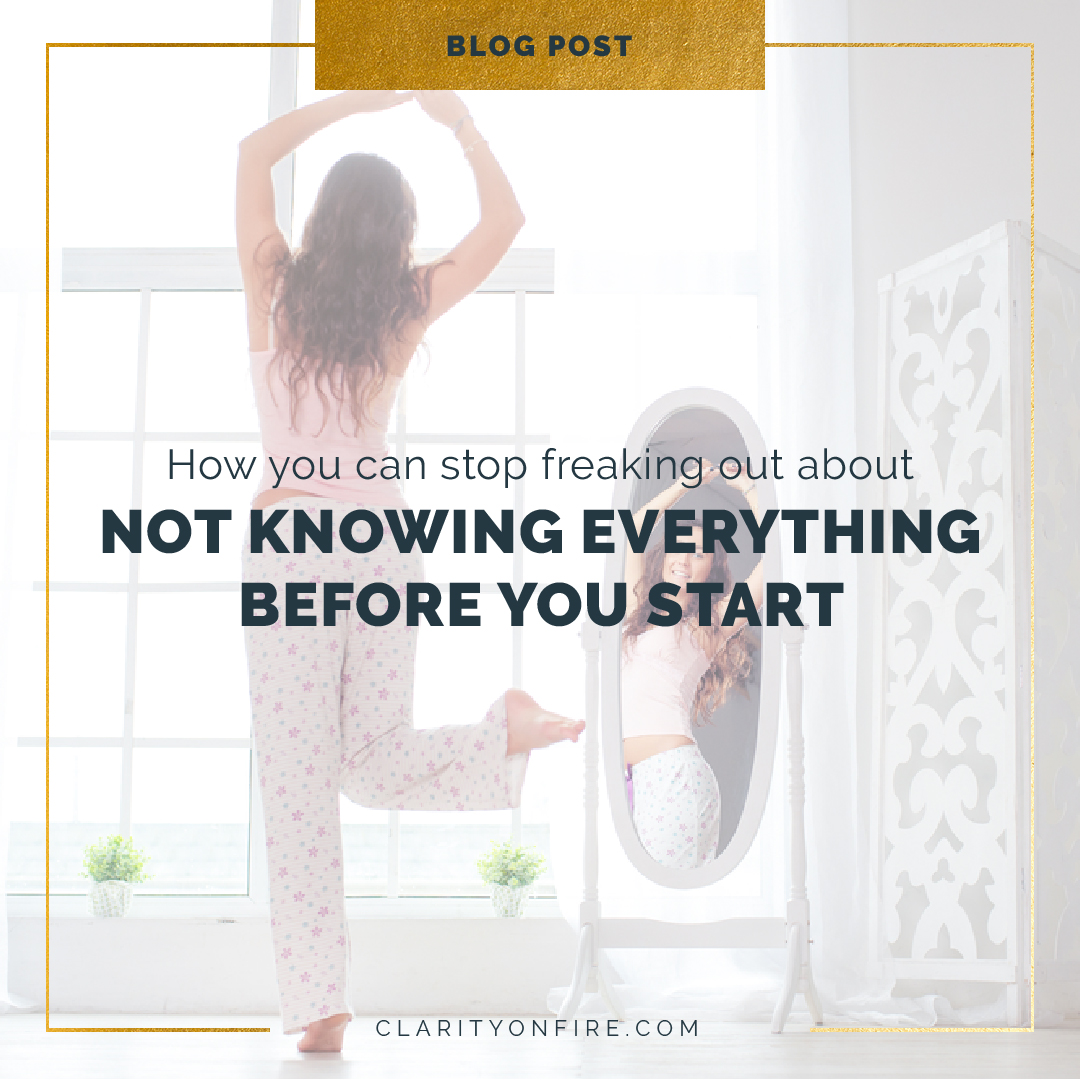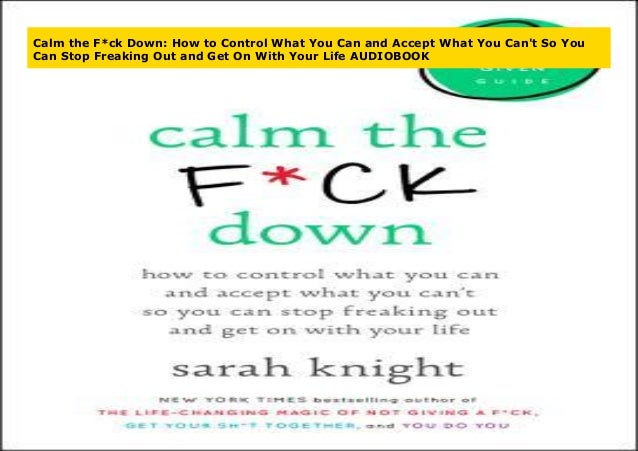how to stop freaking out
 How to Stop Freaking the %#$@ Out | Ellie Family Services
How to Stop Freaking the %#$@ Out | Ellie Family ServicesMental Health Personal GrowthRelations Family LifeNeed help? Recently diagnosed? Talk to someoneCurrent So you're not a "10" anyway. But you're probably quite spectacular somehow, and definitely good enough in most areas of life. If there ever was a time to stop beating yourself up as a human being, it is now. Recent newsEssential ReadsTrending TopicsSearch Find a therapist Get helpMembers Get help Mental Health Personal GrowthRelations Family LifeNeed help? Recently diagnosed? Talk to someoneMagazine So you're not a "10" anyway. But you're probably quite spectacular somehow, and definitely good enough in most areas of life. If there ever was a time to stop beating yourself up as a human being, it is now. TodayNewsEssential ReadsTrending Topics Verified by Psychology Today Why are you pulling? How to calm intense emotions, part 1. Published 23 Jan, 2020 Why, when you are apparently punished and going for your day, sometimes you are overcome with the "whoosh" of intense emotion? The trigger could be something someone says that you find offensive, judged, shaved or -producing; a behavior that strikes a "broken bone" of yours; an overwhelming one that you have been trying to suppress; a person, place, or something that brings a feeling of shame or fear—actually anything that your deep brain considers to be a threat. Then comes emotional kidnapping. The whole mental-body complex responds to the color of that moment through the perceptual lens of the trigger. Everything you see and feel validates the trigger and reacts like it's the only truth. You can scream, cry, close or worse. In addition, you can feel overcome with a racing heart, an adrenaline shot, a blow in the intestine, or hot with anger or shame; discerning the appropriate action of this state is practically impossible. You can say or do something you regret later. You can even look back at the situation after you calmed down and ask yourself what happened to you. How can an emotional reaction so easily break down your balance? The intense emotions are designed to be destabilizing; they are designed to get their . They are like the fire alarm in your mental complex. Too often, however, you can be as overcome with these emotions that reacts as if this alarm to draw your attention is a fire completely quenched and let these emotions consume you, cloud your judgment, and make you behave in regrettable ways. These emotions are inherently destabilizing and the best way to reduce their chaos is to understand them, to stabilize their minds and bodies when presented, and ultimately to change a different response together. That's the focus of this three-part series. Each part is an independent piece to equip you with skills to help calm intense emotions step by step. Information in this first part allows you to take a giant leap forward to calm the abduction of intense emotion. Understanding its origin is the first and fundamental piece. I often say that if I could give everyone in the world a piece of information this would be. Before you can start dealing properly with intense emotions it is important to know where they come from. All intense emotions come from your immediate perception and assessment of what bothers you, this evaluation may be far out of the base, and it is mainly beyond your conscious thinking. In other words, without your knowledge, your "emotional evaluation system" begins, floods you with overwhelming reactions and kidnaps your mind and body. Most people have no idea how or why this process happens, they simply feel the 'whoosh' of emotion, they think it's justified, and usually respond to their daughter. Furthermore, it is important to know that the trigger could be an external circumstance, an internal feeling, a thought, a concern, anything that your brain has been programmed to identify as a threat. You are flooded with the result of your over drip fear response system that makes the procedure clear and the right action almost impossible. How does this programming happen? Deeply in your brain is a structure called the amygdala that is beyond conscious consciousness, records every experience you have had and records it in terms of emotional meaning. This programming is done by creating a consistent wiring with the emotional tone of each past experience. The stronger the experiences, the stronger the wiring will be. In its role of response to fear, the work of amygdala is to keep you safe by constantly scanning everything in your external and internal environment, looking for matches of something that 'see' similar to what has hurt you before and sending a total alarm response through your body and brain. Once again, it is not supposed to be a conscious process, since, evolutionally, humans need to be able to pre-think reactivity. We had to be able to immediately evaluate the threat and react to the danger. If a tiger piled up my friend yesterday, he needed to have an instant fear response to a lion today without the slow conscious discernment if the lion carried the same threat as a tiger. My system needed to be flooded with a fear response to intense emotion immediately, instilling in me the fear of yesterday's tiger with today's lion, and immediately react accordingly. It is an important and potentially vital process. Unfortunately, in today's world, your amygdala may be doing her job too much. He's associating all your past emotional experiences, and attaching them to today's events, without your conscience, and you may be experiencing outbreaks of uncontrollable or intense emotion. These intense emotions may be out of context for the situation, or they can consume you so much that you can't react adequately in the current situation or both. The stronger they are programmed in your amygdala (by the original experience), the stronger you will react to any trigger of that emotion in the present. These emotions may appear as , overwhelming anxiety, crushing shame, abandonment, extreme or insecurity, and the list continues. Basically, any emotion you have experienced in the past as a painful or difficult experience can come back immediately to draw your attention. The trigger can be a form of original emotion or an emotional reaction you've grown to negotiate the most difficult emotion. For example, you might get angry intensely to mask the pain below. When you are kidnapped by intense emotion, remember, at that time, that is the way your system is to try to draw your attention and protect you, and not necessarily the absolute truth of the situation. It's the way your deep brain tries to warn you that something in your current 'Look' environment similar to something that has hurt or threatened you before. You can recognize the alarm without having to be overcome by it, disconnects from its reactivity, take a deep breath and better discern the appropriate action. Armed with the information that your monsters are just an internal alarm system and not necessarily a truthful assessment of the circumstance, retreat, breathe deeply, and join me for the next two parts of How to calm intense emotions. Facebook image: fizkes/Shutterstock About AuthorAlane K. Daugherty, Ph.D., who teaches at the California Polytechnic State University, Pomona, is co-director of the Mind and Heart Research Laboratory in California Polytechnic. Read Next Get the help you need from a therapist near you – a FREE Psychology Service Today. Cities:Recent Issues

How to Stop Freaking the %#$@ Out | Ellie Family Services

How to Stop Freaking the %#$@ Out | Ellie Family Services

Stop Freaking Out (all 8 guided meditations from the online course) - Wildmind

How to Stop Freaking the %#$@ Out for the Whole Fam Damnly: Erin Pash, Kyle Keller: 9781643439365: Amazon.com: Books

Stress Less: How to Stop Freaking Out and Live Life to the Full eBook by Jasmin Kirkbride | Rakuten Kobo

Stop Freaking Out | Subversive Cross Stitch

How to Stop Freaking the %#$@ Out | Ellie Family Services

Opinion | How to Stop Freaking Out and Tackle Climate Change - The New York Times

How to Stop Freaking the %#$@ Out For the Whole Fam Damnly

Amazon.com: Calm the F*ck Down: How to Control What You Can and Accept What You Can't So You Can Stop Freaking Out and Get on with Your Life (Audible Audio Edition): Sarah

The 5-Minute Anxiety Relief Journal: A Creative Way to Stop Freaking …

334: How to Stop Freaking Out and Keep Moving Forward with Maxie McCoy - How to be Awesome at Your Job

Stop Freaking Out!

How to Stop Freaking the %#$@ Out | Ellie Family Services

Stop Freaking Out About Facebook Algorithm Changes — Clever Social

If everyone could please stop freaking out That would be great - That Would Be Great (Office Space Bill Lumbergh) | Make a Meme

How to Stop Freaking Out Over Health News - Grass Fed Salsa

Stop freaking out about how often to post on your blog

How to Stop Freaking Out About Money (and Tips to Improve your Money Mindset | Mindset, Money, Improve yourself

EVERYBODY PLEASE STOP FREAKING OUT! Poster | kw | Keep Calm-o-Matic
31 Ways to Kick Debt in the Teeth: Stop Freaking Out

9 Steps To Stop Freaking Out All The Time

Clarity on Fire

Productive worrying vs pointless spiralling: How I stop myself from freaking out about money | NZ Muse

The 5-Minute Anxiety Relief Journal: A Creative Way to Stop Freaking Out (Paperback) | The Book Table

Why we can stop freaking out over the 'decline' of fast casual growth| Commentary | Fast Casual

Calm the F*ck Down: How to Control What You Can and Accept What You C…

How to Stop Freaking Out About Money in Your Business · Ruth Poundwhite

Why You Can Stop Freaking Out About Your Purpose — Living Worthy Co.

Boring Relationship Mentions: Stop Freaking Out About Adulthood, It's The Best Stage Of Your ... | Boring relationship, Freak out, Going to work
Books Kinokuniya: Tapping Solution for Teenage Girls : How to Stop Freaking Out and Keep Being Awesome -- Paperback / softback / Wheeler, Christine/ Ortner, Nick (9781781806203)

How To Stop Freaking Out About Finding A Job | Monster.com

Stress Less: How to Stop Freaking Out and Live Life to the Full by Jasmin Kirkbride

Calm the F*ck Down How to Control What You Can and Accept What You Cant So You Can Stop Freaking Out and Get On With Your Life mimbarschool.com.ng
Yeah if you could just go ahead and stop freaking out about prom That'd be great - Bill Lumbergh - quickmeme

How to Stop Freaking the %#$@ Out | Ellie Family Services

The 5-Minute Anxiety Relief Journal: A Creative Way to Stop Freaking Out: Peterson MS NCC, Tanya J.: 9781646112913: Amazon.com: Books

How to stop freaking out about life? – Millennial Filipina

Christians, Stop Freaking Out! - YouTube

Stop Freaking Out About Facebook Algorithm Changes — Clever Social
Posting Komentar untuk "how to stop freaking out"